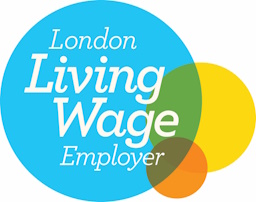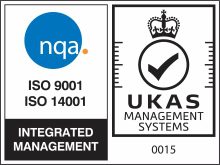Sustainable Development Goals
No matter how large or small, and regardless of industry, all companies can do their bit to save the planet.
While the scale and scope of the global goals is unprecedented, the fundamental ways that business can contribute remain unchanged. The UN Global Compact asks companies to first do business responsibly and then pursue opportunities to solve societal challenges through business innovation and collaboration.
Global challenges – ranging from climate, water and food crises, to poverty, conflict and inequality – are in need of solutions that the private sector can deliver, representing a large and growing market for business innovation. In the rush to transform business models and systems for the future, integrity and values will have a huge role to play. For companies wanting to advance the SDG agenda, the job starts by acting responsibly – incorporating the Ten Principles of the UN Global Compact widely into strategies and operations, and understanding that good practices or innovation in one area cannot make up for doing harm
Find out how your business can make a difference here: What You Can Do | UN Global Compact
- Published in Influence & Network
Patrons
Patronage ensures that you are well-placed to shape the optimum business environment for you and your customers.
- Published in Membership
QES Survey
Through our Quarterly Economic Survey (QES) we help to contribute to the British Chambers of Commerce Economic Survey, Britain’s most influential private sector business survey. The QES, Britain’s longest-running, survey, has provided consistent data since 1989, and regularly receives more than 7,000 business responses nationally.
The QES is also a leading indicator – often picking up big changes in the economy long before other surveys or official statistics and is used by the Bank of England’s Monetary Policy Committee, as one of its key benchmarks when setting interest rates. The HM Treasury and the independent Office for Budget Responsibility use the QES to put together their forecasts for the UK’s economic performance whereas the European Commission uses it to assess the health of the UK economy when it makes policy recommendations for both Westminster and Brussels.
- Published in Influence & Network










